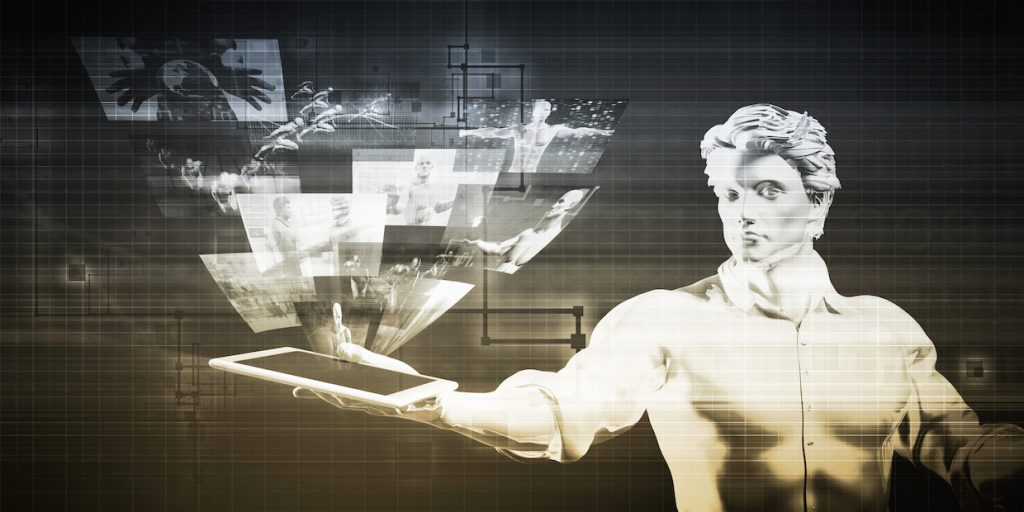DSCOVR LIFTOFF from NASA licensed by Creative Commons
Most people think choosing the right software or implementation consultant are what makes or breaks a project. While these are important, a project’s fate is mostly determined well before you make these decisions. This is because so much of it is based on attitude. Having a positive attitude towards failing better in
Elon Musk, considered to be our most successful modern innovator once said when he was starting his SpaceX company that “
BENEFITS OF FAILING
When you look at the widely successful entrepreneurs who brought us companies like Apple, Amazon, and Tesla, it’s easy to see how their failures became stepping stones for later success.
Jeff Bezos has been known to emphasize tolerance of failure as a big part of the culture at Amazon and totes it as responsible for its big successes. In a piece compiled by Business Insider, Bezos states that if you do not innovate, you are leaving a lot on the table. In a letter to shareholders, he said “Failure comes part and parcel with invention. It’s not optional. We understand that and believe in failing early and iterating until we get it right.”
FAILURE LEADS TO SUCCESS
Knowing that you have failed in one thing gives you the strength to do it better at the next opportunity. By striving hard not to fail again helps you in discovering your potentials.
Overcoming failure through hard work will earn you a sense of fearlessness. It gives you an innate strength to overcome any future failure.
Your attitude will be much more positive when facing your next setback. You will see the failure as a learning lesson which can lead you to an even more significant opportunity you never realized.

FAIL BETTER
While many leaders view failure as part of the innovation process, it doesn’t mean embracing complacency. Intelligent executives, entrepreneurs, and agents of change design their innovation projects with a fundamental purpose in mind: Assure that every failure is useful. Here are ways to become stronger and more effective with every new experience.
- Recognize that a willingness to fail is the chief difference between successful people and average people.
- Perceive every setback as temporary, and every obstacle tackled as something to learn from.
- Separate your self from your failures, so you don’t beat yourself up when you make a mistake.
- Recognize that your fear of failure is based on your ability to get back up. Rid yourself of paralyzing fear by taking action.
BOUNCE BACK QUICKLY
Consequently, learning to fail better is a means to competitive advantage. Regardless, companies don’t want failure to define their brand. Of course not, but they do need to manage risk well as a means to outperforming competitors.
Only the teams that are able to accept responsibility for their actions that contributed to a failure can do the crucial next step. They can change their approach or behavior accordingly. This becomes the means to drive them toward a breakthrough. Succeeding faster always includes paying attention to lessons learned.




